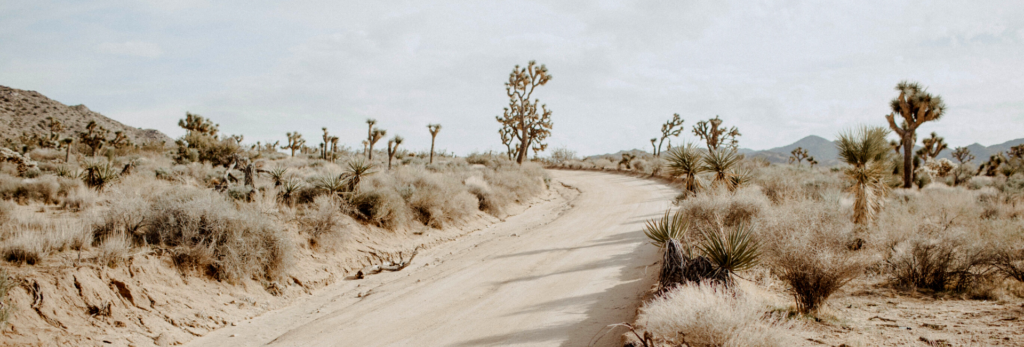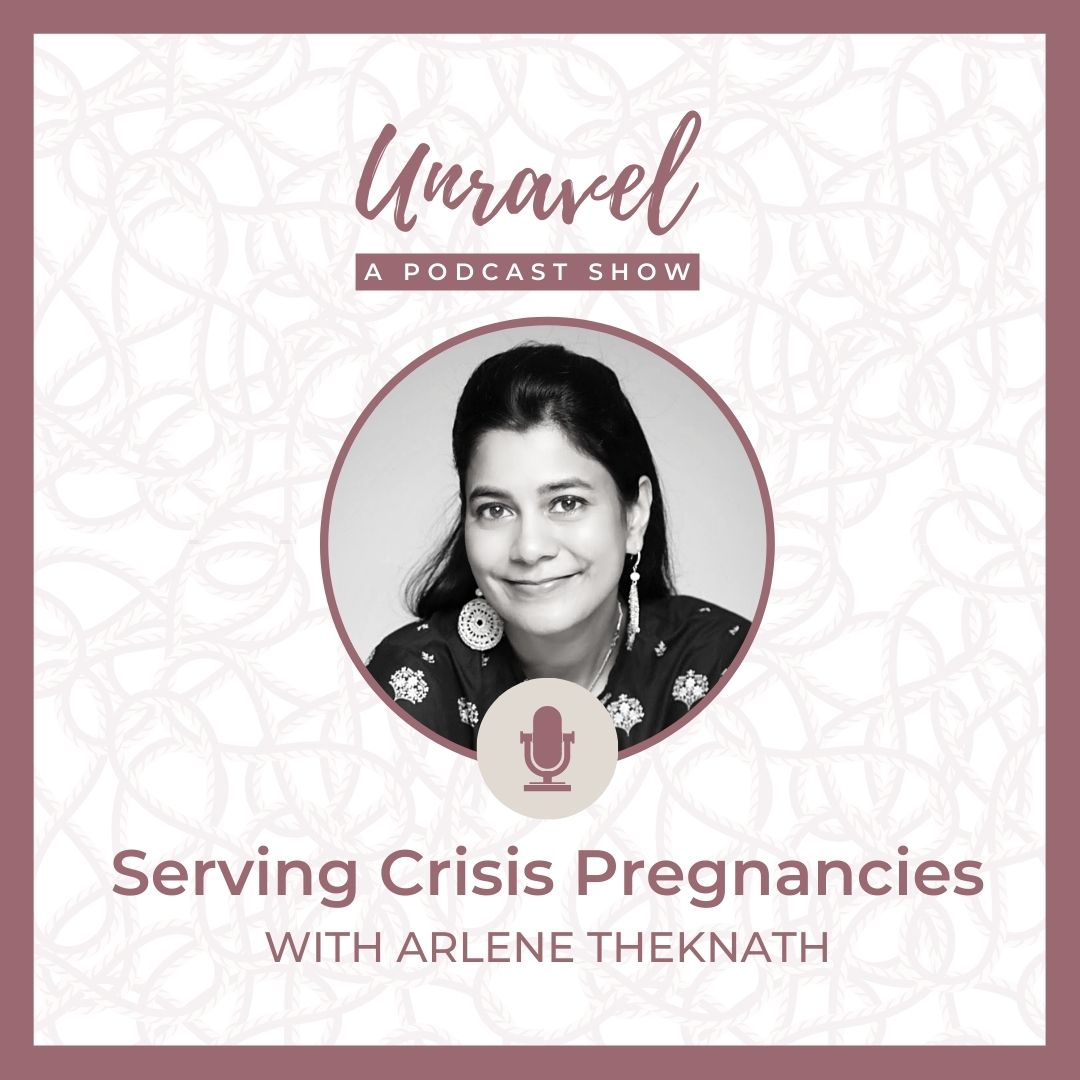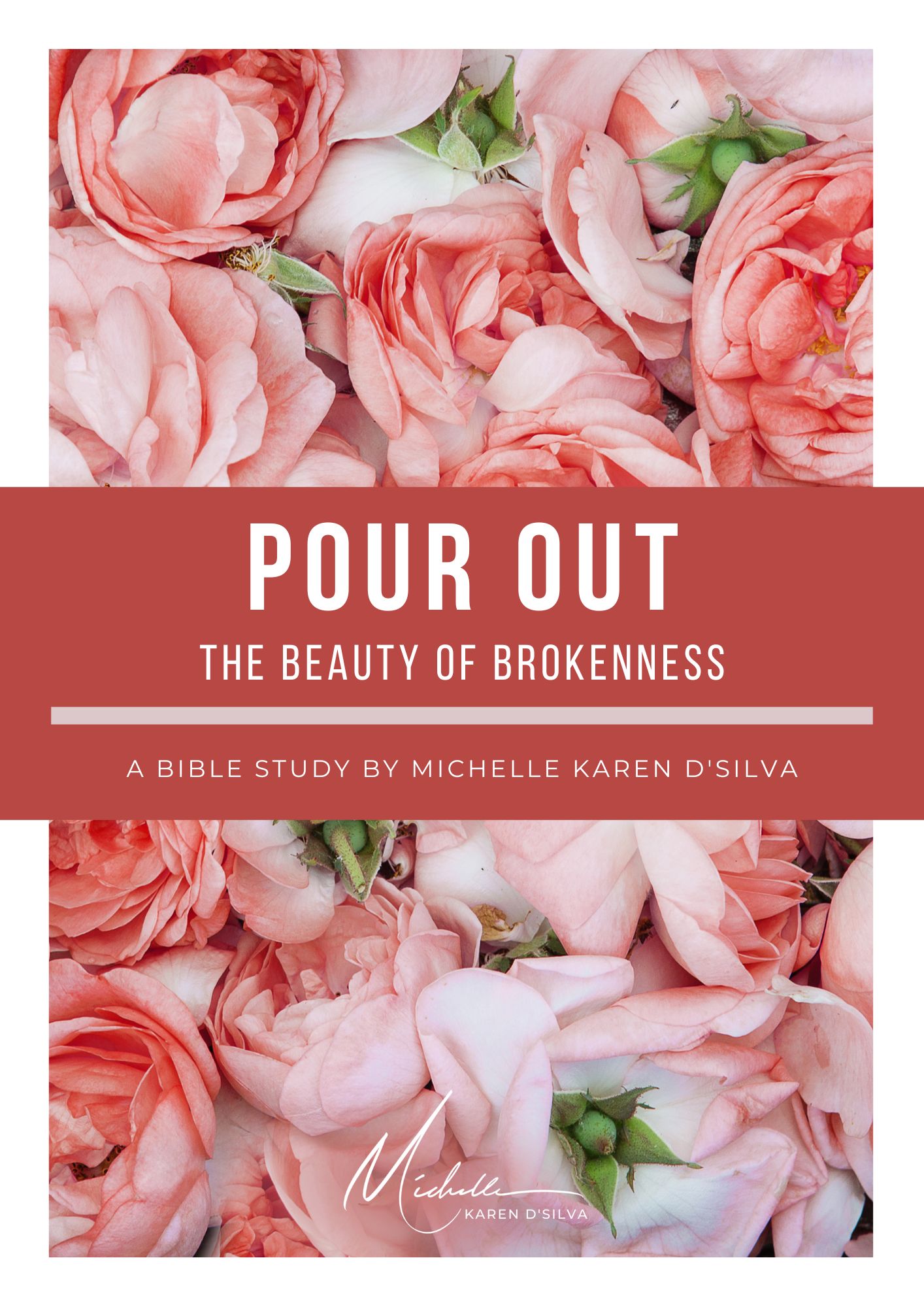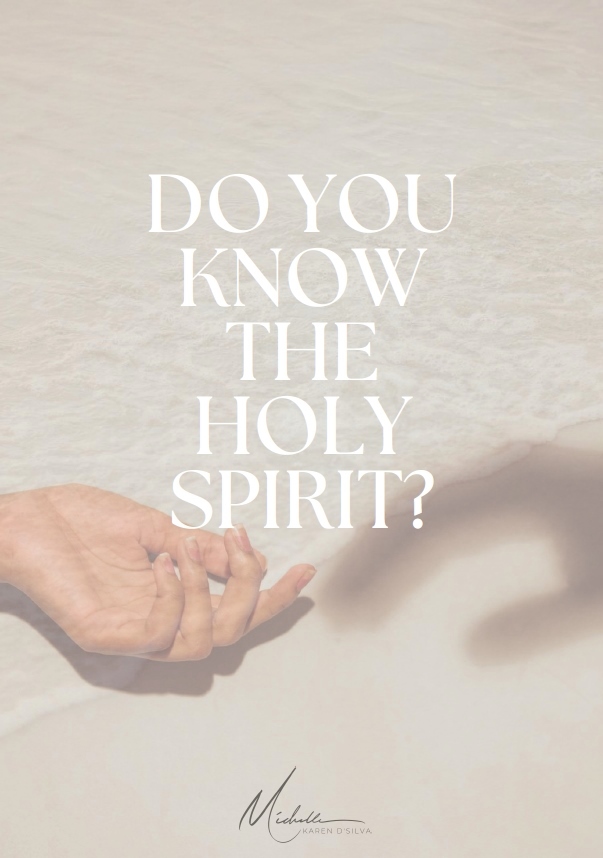A WILDERNESS EXPERIENCE
We’re in the season of Lent. Living in an arid land myself, the word wilderness which is starkly associated with Lent is not foreign to me, both visually and metaphorically. But regardless of how dry and wilted our habitat may be, at a deeper level we are all invited to this wilderness. But what does it mean to have a ‘wilderness’ experience?
A ‘wilderness experience’ is usually thought of as a tough time in which a believer endures discomfort and trials. The pleasant things of life are unable to be enjoyed, or they may be absent altogether, and one feels a sense of deep estrangement, a lostness of journey so to say, both on arid ground and within the interior dry, dull spaces of the heart. A ‘wilderness experience’ is a time of intensified temptation and spiritual attack. It can involve a spiritual, financial, or emotional drought.
Having a ‘wilderness experience’ is not necessarily a sign that a believer is sinning; rather, it is a time of God-ordained testing.
Thrust into the Wilderness
There are several biblical examples of people enduring a ‘wilderness experience’. I’d like to dwell deeper on the life of Hagar. Hagar was the very first person to dare to give God a name. She wasn’t a person of any authority or particular merit; she wasn’t a prophet or a priestess; she was an Egyptian slave girl owned by Abram’s wife, Sarai. Sarai hadn’t been able to have children and so resorted that she would have a child with Abram via the means of her slave, Hagar. Abram willingly went along with the plan and Hagar, clearly having no choice in the matter, became pregnant. The two women began to hate each other but Sarai of course, had the upper hand and Abram gave his wife authority to do as she pleased.
Sarai’s anger deepened with time. She became violent eventually leaving no choice for the pregnant Hagar, fearful for the safety of her unborn child to flee into the wilderness. There in the wilderness beside a remote, unnamed well, the angel of the Lord appeared to Hagar – a pregnant, abused, runaway slave who had reached a breaking point, wrapped with doubts for her future, doubts that engulfed even her self-worth. Yes, the Lord who exempts no one drew near to a despondent woman in the deepest dryness of her soul.
The God Who Sees
How differently the Lord speaks and manifests than human masters! Genesis 16:8 says And the Lord said “Hagar, slave-girl of Sarai, where have you come from and where are you going?” She said, “I am running away from my mistress Sarai”. The angel of the Lord asked Hagar, inviting her to see a journey far magnificent than the one she had embarked in fear. In Jewish culture slaves did not earn the right to be called by name. Their slavery marked both, their history and their destiny. Therefore comforting is the truth that the Master of the Universe draws near to a slave, calling her by name offering her an invitation to a redeemed history and a destiny reserved for the sons of God.
Responding to the Lord’s question, Hagar jumps straight to her situation: “I am running away from my mistress Sarai” (Genesis 16:8). Hagar faces two undesirable options: return and suffer Sarai’s abuse, or brave the long road through the wilderness. The desert spreads in every direction. Hagar only sees dead ends, but the angel of the Lord sees another way. The angel’s response sounds harsh, even cruel: “Go back to your mistress and submit to her” (Genesis 16:9). One cannot help but question—is God sending her back to submit to abuse? But the God, who sees us, sees our end before the beginning. He sees the thistles of our wilderness, the wild beasts that wish to devour our soul, the formidable foes we wrestle with and the unsafe travelers with which we succumb under pressure. God saw Hagar and God sees us. The wilderness, the worry, the weariness, the thirst, the sense of uncertainty, the heightened risk and the deepest fears – God sees it all and God draws near.
The God Who Keeps His Promises
The Lord offers a promise with the instruction to return to Abram and Sarai’s household: The angel of the Lord also said to her, “I will so greatly multiply your offspring that they cannot be counted for multitude” (Genesis 16:10). The meaning is abundantly clear—Hagar will live to see the birth of her child and reap a blessed future. Hagar will become the mother of a mighty nation whose people will be as numerous as the grains of sand in the desert.
Hagar enters into a relationship with God. Where? In the wilderness.
It is the wilderness that shapes her identity and reshapes her future and destiny. It is the wilderness that gives her purpose in pain and perspective to suffering.
It is in the wilderness that Hagar, yes even Hagar, discovers God who is “El-roi” (God who Sees), for she said, “Have I really seen God and remained alive after seeing him?” (Genesis 16:13). Hagar is the first person in the Bible to give God a name. She becomes a witness in the wilderness and a carrier of streams in the desert. She becomes a herald of a God who meets us at the well of our life and continues to wait for us to satisfy our deepest longing of Him. Hagar’s experience in the wilderness becomes so widely known that, in time, the well comes to be called Beer Lahai Roi, meaning ‘spring of the living one who sees me’. Acting in faith, Hagar returns to Abram and Sarai’s household, a new person with a new identity – a beloved daughter of a Father who has ‘seen’ her.
The God Who Sees ‘Me’
Sisters do you identify with Hagar? As women we struggle to survive from day to day, financially, materially, physically, emotionally taking on burdens, wandering into the ‘wilderness’ to escape the reality of pain. What does your wilderness look like today? In my counseling ministry I have seen so many sisters tortured and beaten, bruised and battered, running from one wilderness to the other, searching to hear the voice of God, hoping to find angels but reclining to doubt and despair.
The Lenten wilderness experience of Jesus gives voice to our wilderness, personally and communally. Here amidst the same thirst and temptation that Jesus endured, we encounter a God who ‘sees’ before we can see Him. The conquest of Jesus in the wilderness is our own. This is our Hope, that God is first waiting at the Well for us like He did with the Samaritan woman, beckoning our hearts, stirring our thirst, inviting us to ‘see’ beyond thorns and thistles to the crown of thorns Jesus bore for our sake.
The thorns of our wilderness may cause us many wounds, but through the blood that runs deep from the divine head pierced with a crown of thorns, we are invited to come to a God who paves the way, sees us where we are at and carries our wounds, from the grave to the empty tomb.
May I invite you to ‘see’ what God is doing in your wilderness? I am praying that as you read this, your eyes are opened to see the Glory of God in your midst.
ABOUT THE AUTHOR

Dr. Sunita Mascarenhas is a Dentist by Profession, but now serves in what she believes to be her God-given call – a full time Intercessory Missionary. She fell in love with Jesus at the tender age of 18 and their bond has only grown sweeter ever since. Sunita was pioneer in starting the English Charismatic Renewal for Qatar in 1995. Since then, she has gone on to serve the Renewal in various capacities, from setting up the 1st NSC in 2010 to serving as a member of ICCRS Sub-Committee for Asia-Oceania. Sunita is a beloved wife to Michael and mother to two wonderful kids. Reach her @sunitamascarenhas5450








